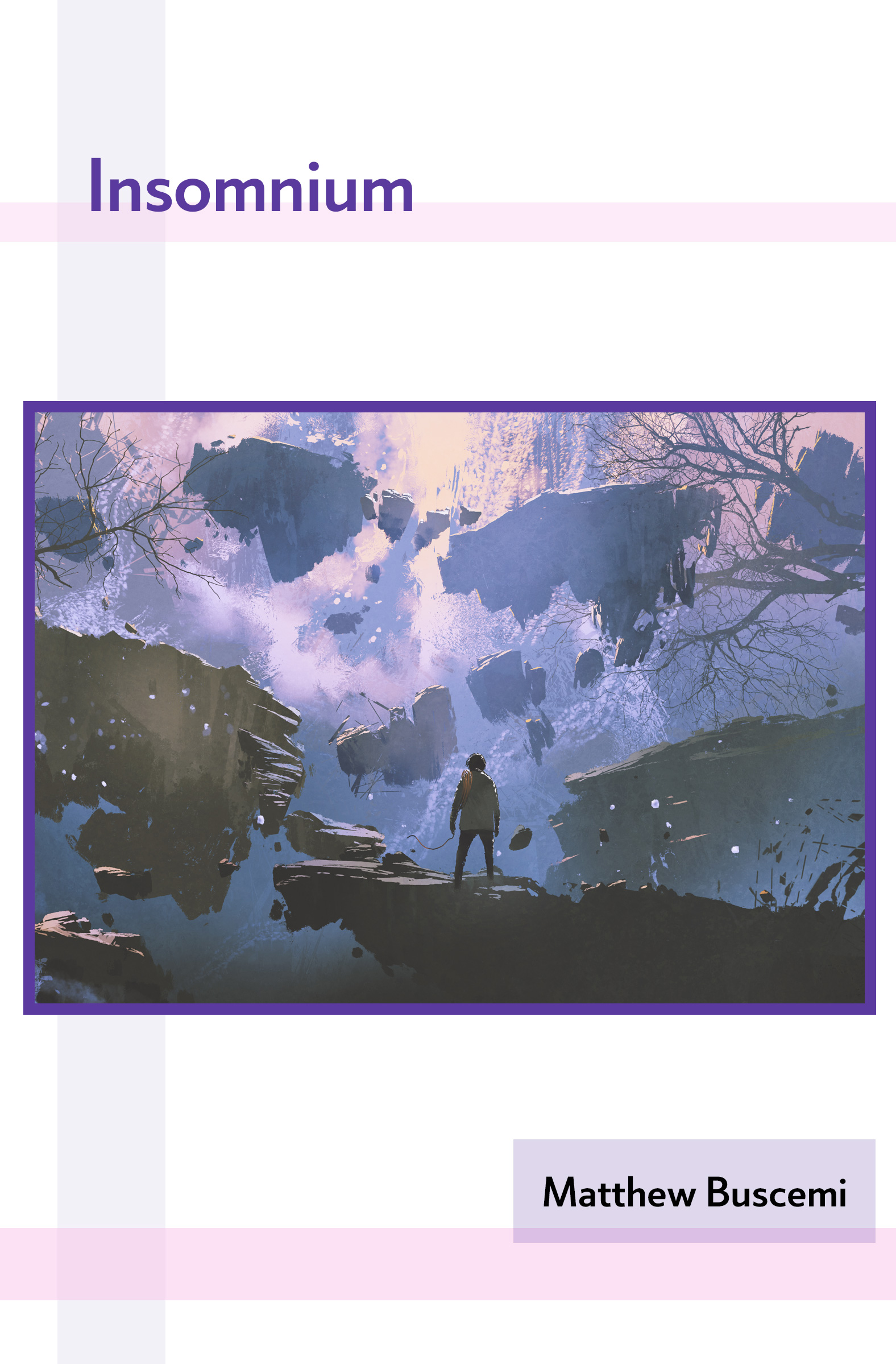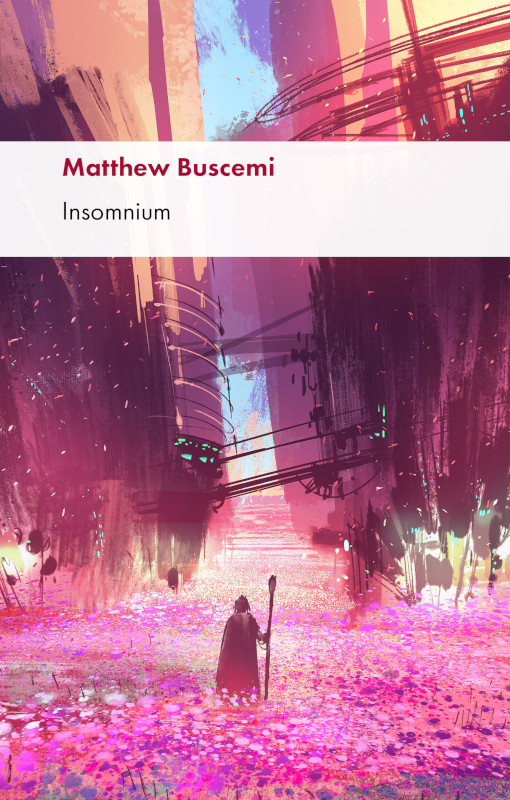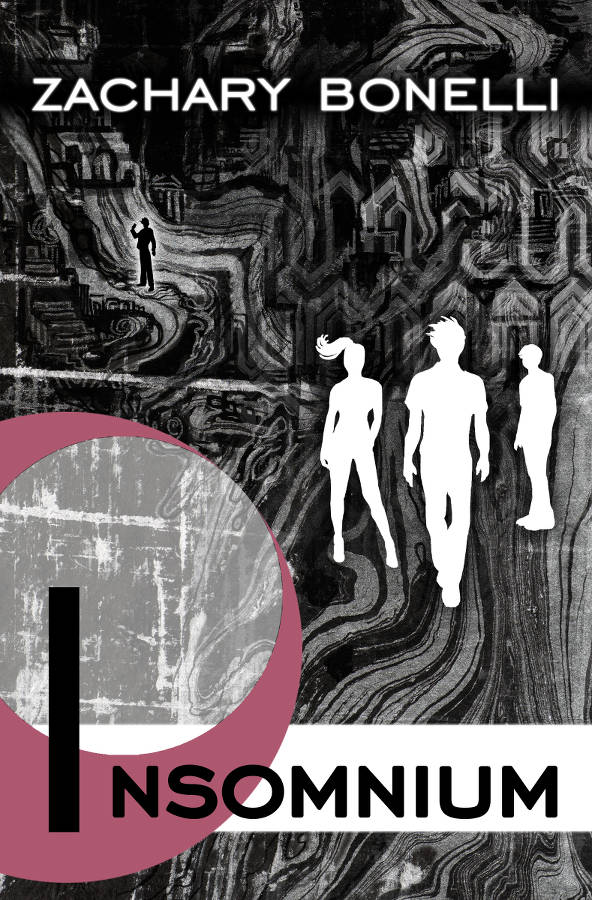A New Edition of Insomnium
Friday, December 4, 2020 at 2:28am
Insomnium took me by surprise. In 2012, I decided once and for all to write the novel series that had been rumbling around my mind since high school, Voyage. I drafted out the five books in the series, got to work on the first one, Embarkation, and by the end of 2013, it had gone to publication. The second book in the series, Windbound, did not go as smoothly. I had made the mistake of drawing perhaps too deeply on a trauma of my own for the novel’s primary conflict.
Right around the time Embarkation was being published in its final form, I set Windbound aside and decided to start writing something new. That project became my second published novel, Insomnium.
In a sense, Insomnium is also a successor to Voyage Embarkation. Although it is set a century before Kal’s journey, I used worlds he had visited in its creation. That the thematic core of the novel is about discovering self-knowledge, about learning to forgive oneself for past faults, is also unsurprising, as Windbound set such concerns front and center in my mind.
Another element of the novel that I remain proud of, is that it represents the full potential of my imaginative energy unleashed. In constructing its “dream world” of numerous apparent contradictions of physical laws of the universe, I was responding to a form of critique that even in 2014 had begun to severely grate on me.
To this day, I refuse to label my work as either “hard SF” or “soft SF.” The term “soft” is used by certain individuals in a derogatory sense, no matter how much others may try to redeem it. What I began to notice about so-called “hard SF enthusiasts” was that they didn’t so much care about “science” in and of itself, but rather, they had a very particular ideas about what scientific developments would occur at what intervals in the future, and anyone who suggested that technology was taking us on a different path (e.g. complete ecological destruction) was deemed “not intelligent enough” to have comprehended the “actual” way technology would develop in the future.
After months of being beaten over the head with the hard SF dogma with all the parts of Voyage Embarkation that were “wrong,” I decided with Insomnium to craft a universe that was intentionally impossible. I still enjoy the vivid imagery every time I return to it.
Zhivko Zhelev’s cover captures the novel’s oddity and is a unique, striking addition to the 2020 line up. Those of you who already have the ebook will find the updated cover on your Kindle shortly. The new paperback edition should be live within the next twenty-four hours.













